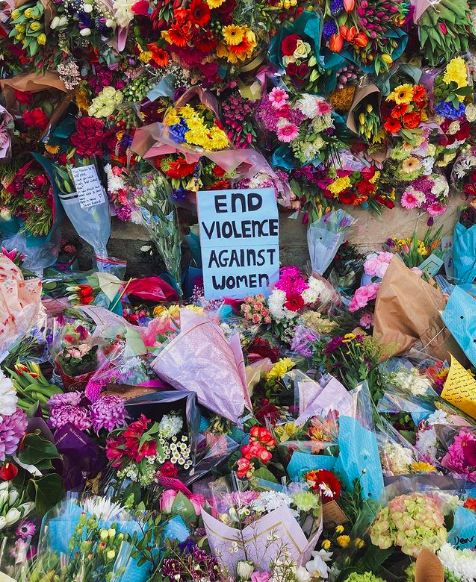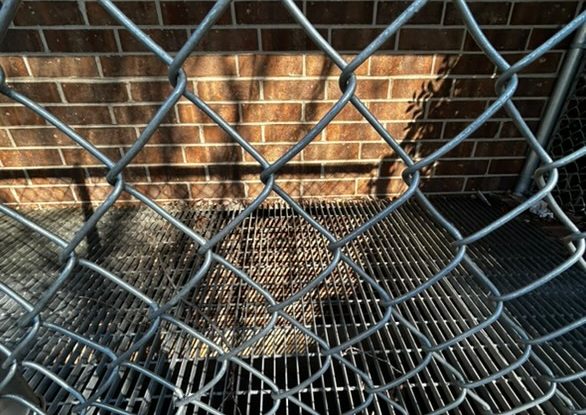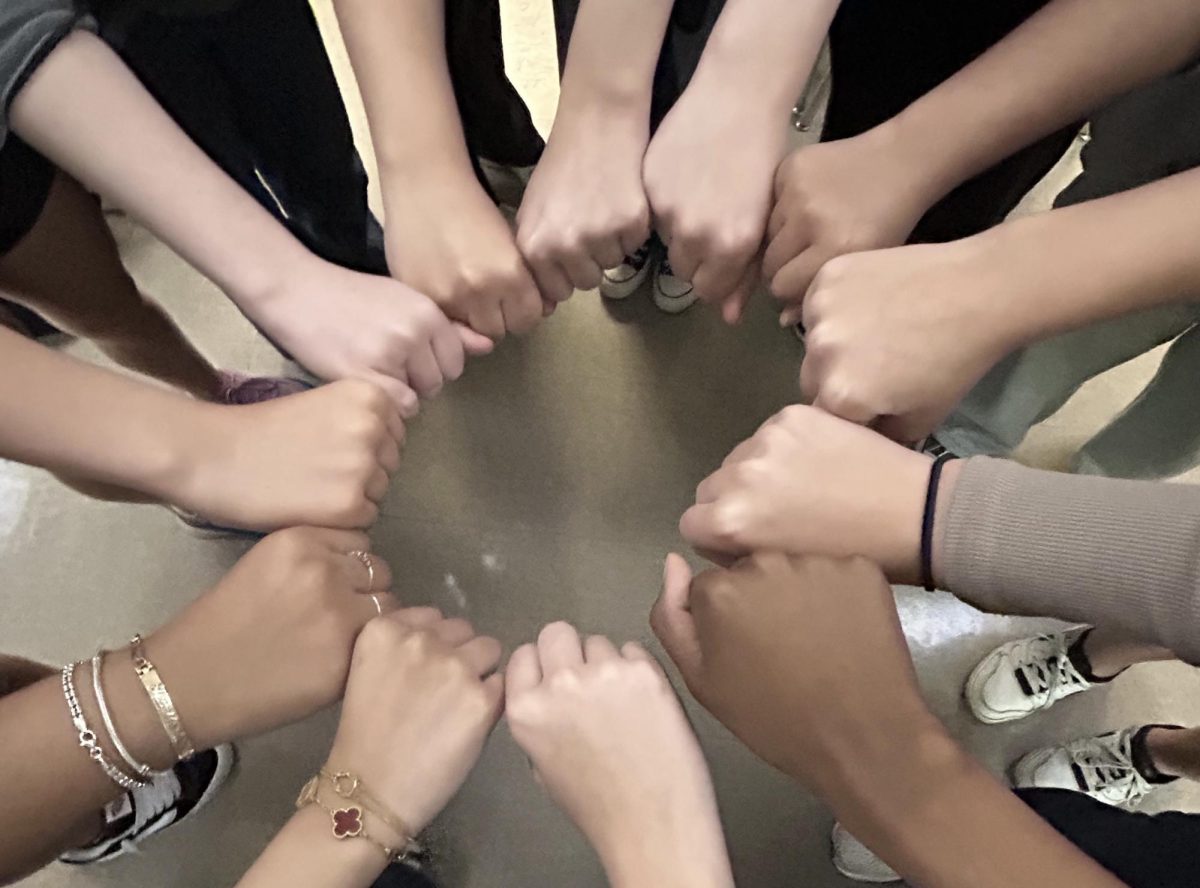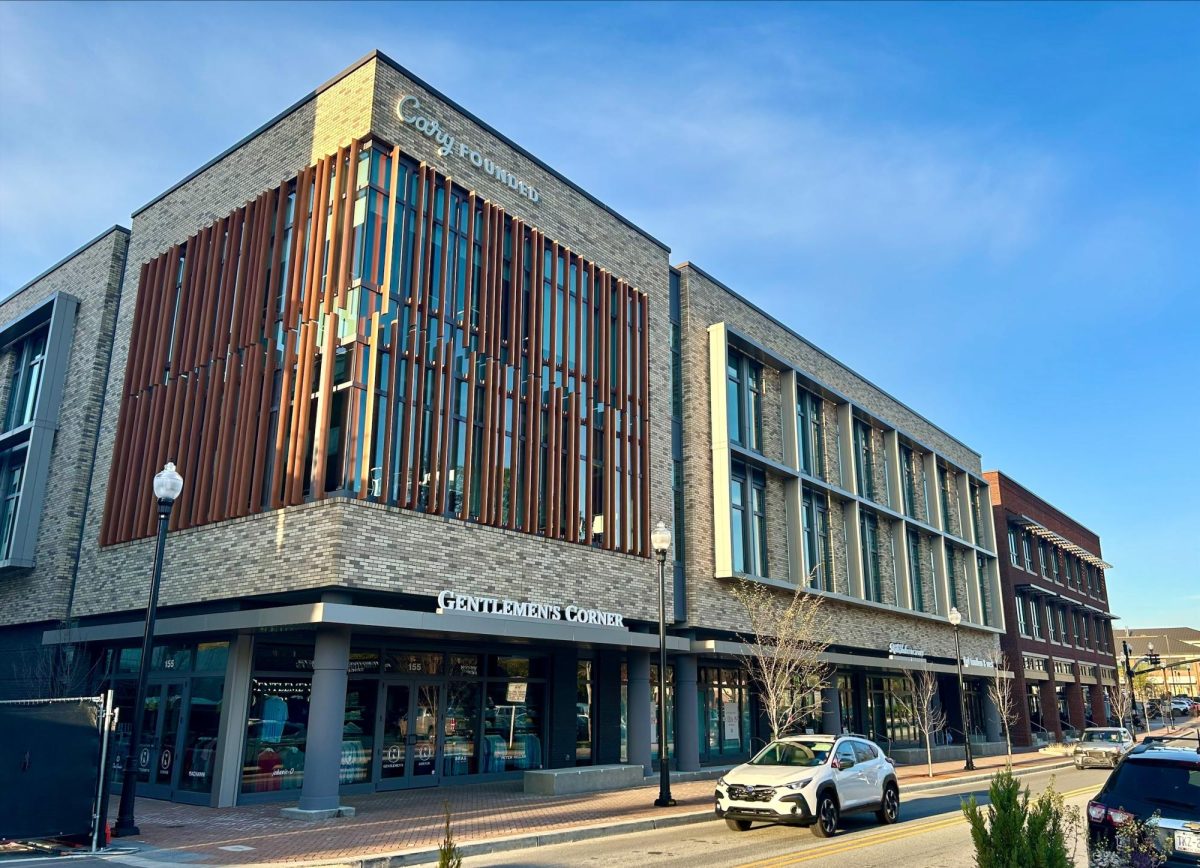
Sarah Everard was a 33-year-old marketing executive and ray of sunshine for the people in her life.
She was walking home from a friend’s house March 3, 2021.
She followed all the rules: taking well-lit routes, wearing bright clothing and keeping her boyfriend over the phone.
She was taken off the streets of south London that very day.
The very next week, the remains of her body were found in a wooded area in central London. Wayne Couzens, a police officer whose sole responsibility was to protect the streets of London, has been arrested for the kidnapping and murder of Sarah Everard.
Women, internationally, have taken Sarah’s death to heart. She has become a symbol for the long-overdue battle for women’s safety. Women across every corner of the world are taking a stance against violence towards women, and the women right here at Athens have something to say too.
“I assumed something would’ve been done by now, but since there hasn’t been, we, ourselves, have to advocate for change,” said Karoliina Luik, sophomore.
Athens students are fighting against violence towards women, campaigning for women’s safety and paying tribute to Sarah Everard in the only way they can during this pandemic: through social media.
They are sharing posts on their social media pages that vocalize messages like, “the system is failing women,” “she was only walking home” and “we will not be silenced.”
“I’m grateful to see the ‘End Violence Against Women’ campaign gaining momentum on social media and around the world,” said Sarah Thomas, senior. “Like many other social justice topics, this issue has been pushed under the rug for too long and it’s time for society to address the reality of the violence and fear women face every day.”
In light of Sarah Everard’s death, the United Nations Entity for Gender Equality and the Empowerment of Women released a report stating that 97% of women in the United Kingdom between the ages of 18 and 24 have been sexually harassed in public settings. The statistic has traveled worldwide, insighting opinions from people everywhere. It has liberated women to the extent that they have taken to various international social media platforms to share their personal stories of sexual harassment, assault and abuse.
“The 97% statistic is not remotely surprising at this point. As a person who’s a part of the 97%, it hurts to see that sexual harassment and assault have impacted so many women around the world,” said Yoon Eaint, sophomore.
Blatant and internalized misogyny is the cause of each and every one of these violent acts towards a woman and for that reason, they have been justified in the eyes of society. Violence against women is something that can only be changed through societal adjustment, and the reaction towards the movement has only made that more clear.
In response to the growing support for the “End Violence Against Women” movement, the statement “not all men” has spread across social media platforms as a rebuttal towards women sharing their personal accounts of violence from men.
Yes, not all men have harassed and assaulted women, but enough men have.
Yes, not all men have harassed and assaulted women, but almost all women have been harassed and assaulted by men.
The defenses men put up when someone who looks like them is the villain in a woman’s story do nothing but derail the point and devalidate that woman.
To find a solution to the persistent violence towards women, we, as a society, need to look into ourselves and the ideals that we have normalized, then educate ourselves, take accountability and deconstruct them.
It is not about how a woman acts or dresses. It is not about where women go or when. It’s about the world’s view of women. It is about the lack of respect, the over-sexualization, the dehumanization women face each and every day in our society. Violence towards women is a systemic issue.
“In every pore of our society, misogyny is found in some form that promotes violence against women. We see misogyny in jokes, classes and our own thinking. We must raise upcoming generations to respect everyone, not merely those who look like them,” said Thomas.
We can start the change right here at Athens.
We can educate our students, our peers, on the societal oppression women are subject to.
We can use our voices and scream for women’s rights.
We can stand by the women at Athens Drive and, by doing so, women everywhere.







